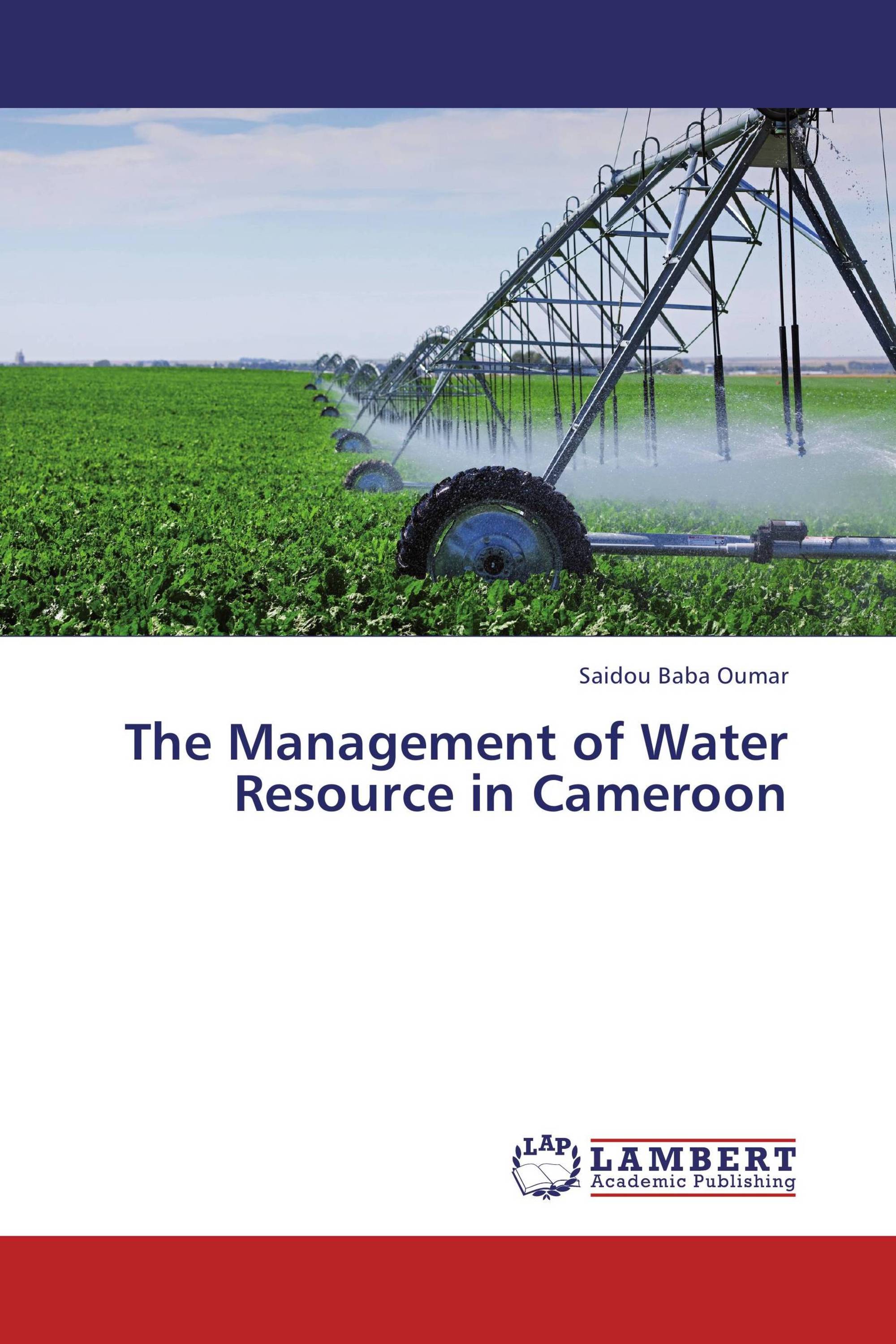Cameroon’s total water resources is 342.66 Km3, and about 5% of it covered agriculture, households, hydropower and industry needs, leaving a surplus of 95%. Yet, households are deprived of clean water and sanitation due to state-owned water corporation’s deficiency. Enforcement of water supply privatisation led to tariff increase, decrease in connections and exposure of most households to irregular supply beyond a week per month. While households objected privatisation and services’ delivery worsened, bulk of them praised the water quality. The least and top households wished to pay per m3 exceeded the present rate. Households’ access to better sanitation also felt after privatisation. Further, households’ water demand was price and income inelastic, but unitary elastic to household’s size. Yet, if the husband and not the wife ran the water portfolio of the household, the demand increases by about 5%. Overall, these factors explained 64% of the model. Cameroon witnessed poor supply of clean water and sanitation due to poor water management institutions and policy frame evolution.
Book Details: |
|
|
ISBN-13: |
978-3-8473-0610-8 |
|
ISBN-10: |
3847306103 |
|
EAN: |
9783847306108 |
|
Book language: |
English |
|
By (author) : |
Saidou Baba Oumar |
|
Number of pages: |
308 |
|
Published on: |
2012-02-01 |
|
Category: |
Economics |




